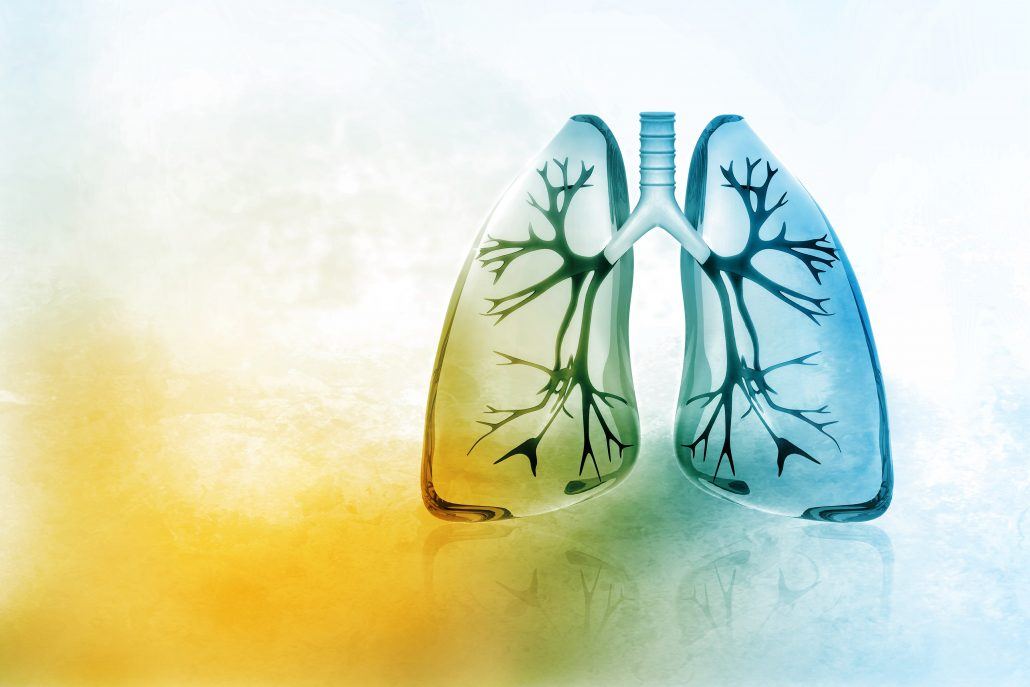Probiotics Shown to Support Immune Health of College Students

Certain probiotic strains are known to influence immune function and may help improve health-related quality of life (HRQL) during upper respiratory infections. Recent research published in the British Journal of Nutrition shows that supplementing with the probiotic strains Lactobacillus rhamnosus LGG® and Bifidobacterium animalis ssp. lactis BB-12® may help improve health-related quality of life during upper respiratory infections.
The study participants included 231 normally healthy college students living on campus in residence halls at the Framingham State University. The students were randomized to receive either a placebo or a probiotic powder containing a minimum of 1 billion colony forming units each of Lactobacillus rhamnosus LGG® and Bifidobacterium animalis ssp. lactis BB-12®. The students completed The Wisconsin Upper Respiratory Symptom Survey-21 to assess HRQL during URI. Reporting of HRQL outcomes included self-reported duration, symptom severity and functional impairment of URI.
When compared to the placebo group, the average duration of URI was significantly shorter by 2 days in the probiotic group. The group on the probiotics also reported a 34% lower average severity score compared to placebo. The probiotics group also missed significantly fewer school days, although there was no difference in number of missed work days.
Although more research is needed to determine specific mechanisms involved and the possible cost-benefit of preventive supplementation, the combination of probiotic strains LGG® and BB-12® may be valuable tool in improving the health-related quality of life during exposure to upper respiratory infections.




